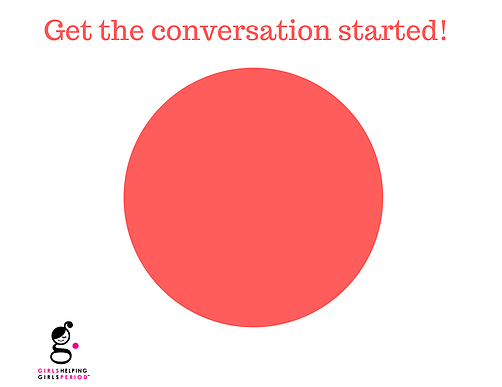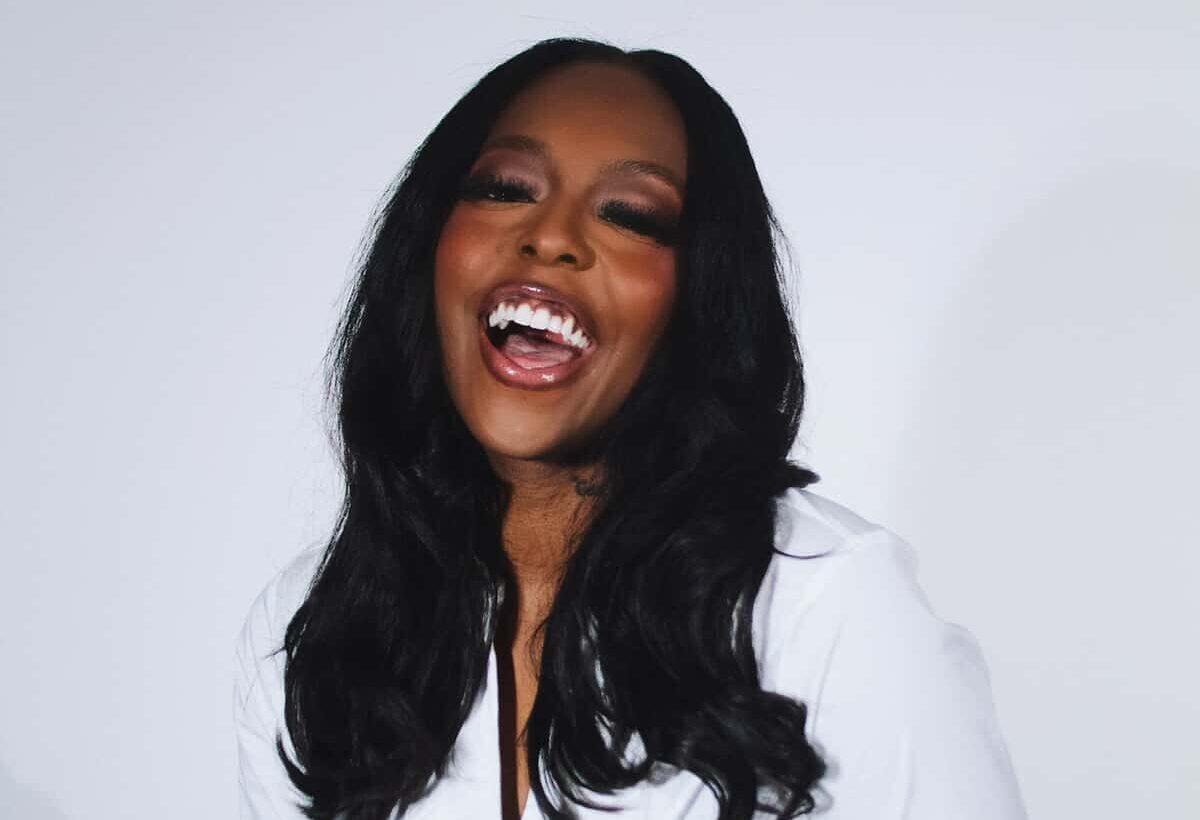3 Organizations Fighting Back Against Period Poverty For All
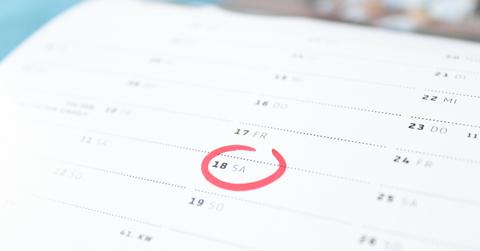
Whether you call it Aunt Flo or the Menzies, most women spend anywhere from 3 to 7 days on their periods every month. Though we probably would rather not have to deal with it, this means a woman can spend a total of up to six years of her life on her period. It’s unavoidable.
Between sanitary products, heating pads, pain relievers, and other needs, a woman’s menstrual cycle can cost a lot of money. To make matters worse, taxes placed on women’s products hike up the price even more. 37 U.S. states hold a sales tax on period products. This amounts to well over 18,000 Dollars that a woman must invest to meet her menstrual needs throughout life.

People don’t talk about this issue because we have been taught not to talk about periods. From the time a girl first gets her period, she’s taught to endure it in silence and hide her sanitary products under her arms on her way to the bathroom. The word “menstruation” has become a dirty word that causes people to cringe when said too loudly.
This stigma has made it difficult for people to raise awareness about the women who lack the financial means to purchase what they need when they’re on their periods. Finding no alternative, some women have admitted to using pieces of old cloth, socks, toilet paper, or even leaves to prevent leaking into their clothes. Young girls are missing school to avoid the embarrassment of blood stains on their clothes. All the while, feminine products are the least donated products to homeless shelters as the major public remains unaware of the severity of this issue.
The first step of addressing this problem is to begin having open conversations about periods. When we erase the stigma, we erase the shame. People need to acknowledge that access to sanitary products is not a privilege. It’s a right. Period.
Here are 3 organizations that agree and are working to end period poverty while reducing the stigma on menstruation:
1. Bloody Good Period
Based in the UK, this organization targets asylum seekers in Europe who can’t afford basic hygienic products. “For too long, periods have been seen as secret, impolite and disgusting, and this has led to too many women and girls suffering through them in silence” a representative told Her Agenda. “It is outrageous that these women are not given the items they so desperately need. Many resort to using toilet paper, scraps of fabric, or nothing at all.”
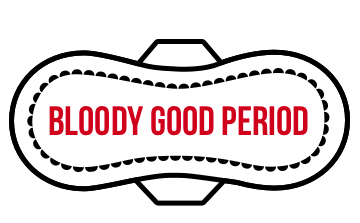
Bloody Good Period encourages individuals to contribute by donating or by starting the conversation. “No one is saying you need to overshare, but check yourself and make sure you call out anyone (and yourself) for period-shaming. The more we allow people to shut their minds to this, the worse the situation will become.” The organization also assists in helping people
2. Homeless Period Project
This organization was founded by Stephanie Arnold and Sharron Phillips. It provides menstrual hygiene products to homeless women directly or through shelters, food banks, the Red Cross etc. It has chapters in North Carolina, Georgia, and Connecticut.
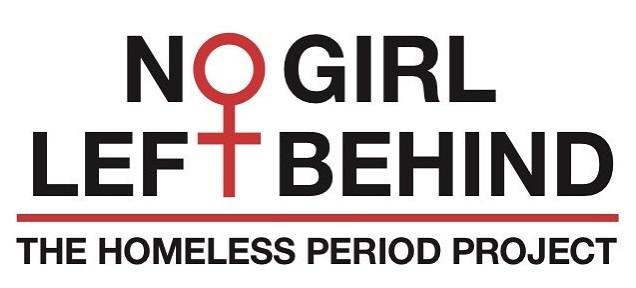
Phillips spoke to Her Agenda about the power of educating others on menstruation. She felt that both boys and girls should be told that periods are a normal thing. “Just using the word ‘period’…[gets some people] offended,” said Pillips. “What’s so offensive about the word ‘period’? [our bodies are] something that should be celebrated.” The organization is completely supported by donations which they give to their partner organizations or local shelters that help distribute the goods.
3. Girls Helping Girls. Period.
Started by two teenage sisters from New Jersey, this organization looks to provide a woman’s menstrual needs for up to a year. It began when the girls hosted a ‘period party’ in which they asked guests to bring a box of pads to donate. However, this soon started a trend. Other people began their own period parties and sent their donations to the girl’s home, kickstarting the organization. They now accept donations from the public which are distributed to those in need through food pantries, school systems and outreach programs.
A representative commented on the absurdity of the negative connotation placed on periods asking, “When was the last time you remember someone being embarrassed to mention they needed to purchase toilet paper? My guess is that’s never happened, because we all recognize that toilet paper is something we all need to deal with a completely natural bodily function. Talking about feminine hygiene items should, and hopefully will be discussed in the same way.”
